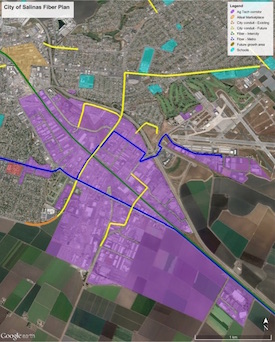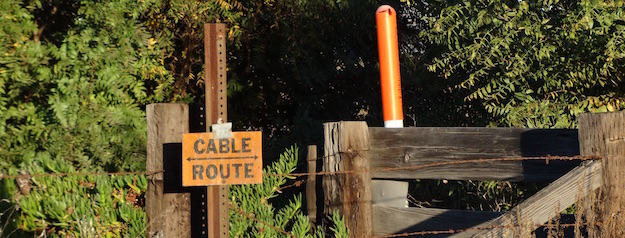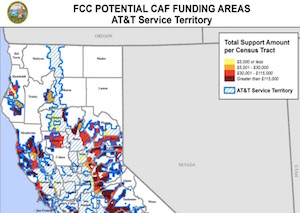
Network neutrality rules, adopted by the Federal Communications Commission earlier this year, were examined yesterday by a federal appeals court in Washington, D.C. Both sides – the FCC and its allies that favor tighter regulation of Internet service providers, and telecommunications companies of all technological flavors that do not – came out of the session with upbeat assessments of whether the three-judge panel would buy their arguments.
According to an article in Ars Technica, the judges seemed amenable to the idea that the FCC can subject residential broadband to common carrier rules but more skeptical about whether those same rules may be applied to mobile services or interconnection agreements between companies…
“The argument started off in a way that we took to be quite hopeful,” according to attorney Kevin Russell, who is representing consumer advocacy groups and other interveners who support the FCC’s rules…
Appeals Court Judge David Tatel “ask[ed] the challengers whether the Supreme Court hadn’t already decided most of the case in a prior decision called Brand X, which he suggested was best read to say that the commission gets broad authority to decide how best to classify these kinds of services,” Russell said…
Potential problem areas for net neutrality proponents include the FCC’s assertion of authority over interconnection disputes, the application of net neutrality rules to mobile networks, and questions about whether the FCC provided the public enough notice before enacting its rules.
…
More



![Simon Černe from sl [GFDL (https://www.gnu.org/copyleft/fdl.html)], via Wikimedia Commons](https://www.tellusventure.com/images/2015/11/silos.jpg)






![By Lklundin (Own work) [CC BY-SA 4.0 (https://creativecommons.org/licenses/by-sa/4.0)], via Wikimedia Commons](https://www.tellusventure.com/images/2015/10/cable_cut.jpg)